Easy Frugal Hacks on How to Save Money on Your Food Bills

Did you know that most Americans spend 10-15% of their overall budget on food?
Today, I want to teach you how to save around 10-30% of your food budget, which can come up to hundreds to thousands of dollars a year. Here are my best tips on how to save money on your food bill. Let’s get into it.
1. Buy store brand
One of the easiest ways to save money on food bills is getting the store brand products instead of the name brand.
For example, a tin of Quaker oats are around $3.5-4 for a package, and a Market Basket store brand tin costs only $2.5, meaning you can save at least a dollar on it.
This applies to so many items, such as beans, juices, etc – by getting the generic brand, you can instantly save around 25%. Most of the time the product you get is identical, and sometimes the store brand even tastes better, like with these oats.
2. Avoid packaged and pre cut foods
By buying packaged foods, you are spending nearly double, and your money goes on the packaging as opposed to the actual product that you receive. This is why most of the time bigger bags of rice or oatmeal are a better choice than smaller ones. P
re-cut fruit and vegetables are also a big one – take a minute to consider whether the time you are saving is truly worth the significant added cost.
Moreover, by avoiding processed stuff and just pretty much anything that comes out of a box, not only will you save a lot of money, but you will end up being a lot healthier.
Most things are not that hard to cook, and you can save at least 50% by not buying it in a box.
3. Research your stores
Whether you are shopping at Market Basket, Target, Trader Joe’s, or Whole Foods is going to make a major difference.
Not only are some stores generally cheaper than others, the costs for the same products may vary, so it is best to know which things are good deals in which stores.
4. Understand unit prices
Next to the regular price, you can usually see the unit price – per pound, per ounce, or whatever. Just by looking at that, you can determine what things are a good deal.
Think of an individual K cup compared to the exact same ground coffee in a pound – it is around four times more expensive!
However, keep in mind that even though bigger packages are mostly a better deal, sometimes the smaller one is cheaper – this is often true for beans, for example.
So make sure you compare the prices for different sizes and look at the unit price and not the overall price to get the best deal possible.
5. Stock up on sales
When you go to the store and something that you use and buy regularly is on sale, say tinfoil or frozen meat, try to buy a bunch so it lasts you for a while. Of course, always keep in mind if that product can go bad, and stock up accordingly – only buy the amount you can definitely maintain.
6. Use the app
Many stores nowadays have apps or websites, where you can shop without leaving your house.
This is beneficial for a few reasons. For one, that way you are guaranteed to stick to your list and not fall prey to the tricks the stores use to make you buy things impulsively because they look or smell good.
Moreover, you are saving time by having it delivered or picking it up on your own. Make sure you calculate which option is worth it for you, considering the gas money and the time it takes you to drive to the store.
And, of course, if you do end up going to the store, never go on an empty stomach - you will end up buying a lot more stuff.
7. Be smart about organic food
Should we be spending the extra money on organic food or is it better to go with the cheapest possible option?
To be honest, in most cases I just go with the cheaper option, but there are some things that might be more worth it than others. You may have heard of the dirty dozen - vegetables and fruits that have more pesticides on them than others.
Here is the list: strawberries, spinach, kale, nectarines, apples, grapes, peaches, cherries, pears, tomatoes, celery and potatoes.
Take this with a grain of salt: if the organic product is not accessible and you have a choice between non-organic kale and no kale, non-organic is still a zillion times better than 99% of the other foods that you are going to eat instead.
The only thing I do have a strong stance on is meat and eggs: I always make sure that everything is farm to table, local, grass-fed and has no hormones, after seeing a horrifying documentary about how they process chicken thighs and other parts of animals.
If you are okay with spending more to have that peace of mind and possibly feel better and be healthier in the long run, you might want to switch to organic meat.
8. Plan meals and make lists
Plan out all your meals ahead of time and then make a list to go off of when you go to the store in order to avoid impulse buying.
9. Look around
At the store, you always automatically look at the eye level stuff, but those are usually the most expensive options that the store is trying to push.
For the cheaper brands, look above and below, shop around, and take the extra few seconds to save a ton of money on every trip to the store.
10. Shop the perimeter
A lot of times, the perimeter of the store is going to be healthier than the aisles. This is where all your fruits and vegetables, yogurt, meat and eggs are, as opposed to the packaged processed stuff.
Of course, you may also find healthy products in the aisles, such as beans, but for the most part you can stick to the outside of the store to spend less money and stay healthier.
How to save money on food bill
Here are the basic things you can do to save money on groceries. Which of these tips were new to you and which ones are you planning to try?
What are your best strategies for how to save money on food shopping? Let me know in the comments!
Next, check out my 11 Easy Rules for Decluttering.
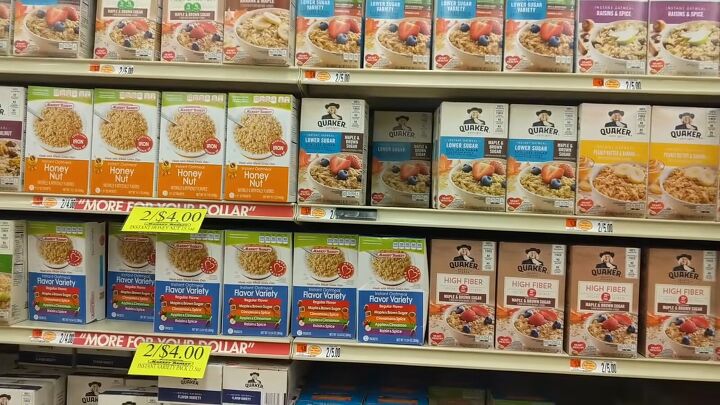




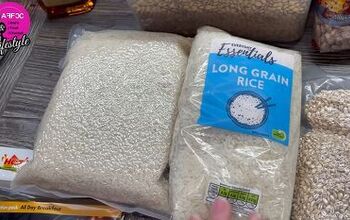
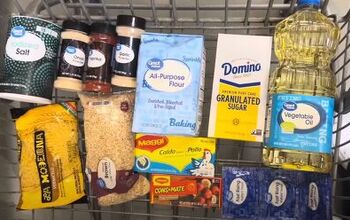

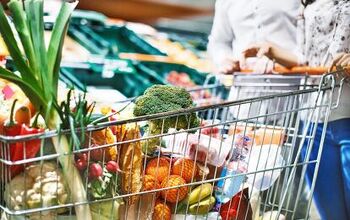
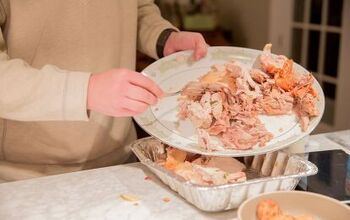

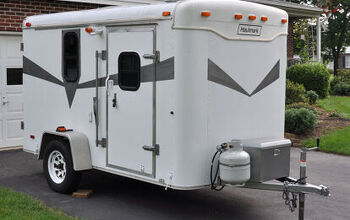

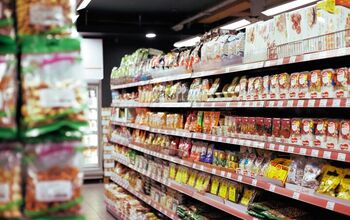
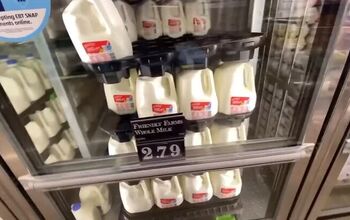
![101 Items to Get Rid of With No Regret [Free Declutter List]](https://cdn-fastly.thesimplifydaily.com/media/2022/08/30/8349390/101-items-to-get-rid-of-with-no-regret-free-declutter-list.jpg?size=350x220)






Comments
Join the conversation